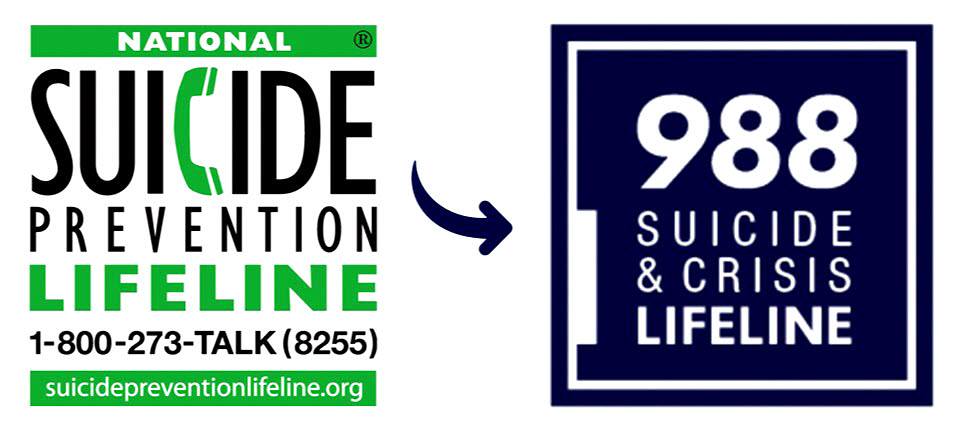
Early onset is rare enough that symptoms are often confused with something else
https://www.youtube.com/watch?v=6k6Zas8x8rI&t=1s
#James Donaldson notes:Welcome to the “next chapter” of my life… being a voice and an advocate for #mentalhealthawarenessandsuicideprevention, especially pertaining to our younger generation of students and student-athletes.Getting men to speak up and reach out for help and assistance is one of my passions. Us men need to not suffer in silence or drown our sorrows in alcohol, hang out at bars and strip joints, or get involved with drug use.Having gone through a recent bout of #depression and #suicidalthoughts myself, I realize now, that I can make a huge difference in the lives of so many by sharing my story, and by sharing various resources I come across as I work in this space. #http://bit.ly/JamesMentalHealthArticleFind out more about the work I do on my 501c3 non-profit foundationwebsite www.yourgiftoflife.org Order your copy of James Donaldson's latest book,#CelebratingYourGiftofLife: From The Verge of Suicide to a Life of Purpose and Joy
www.celebratingyourgiftoflife.com
Rochelle Caplan, MD, professor of #child psychiatry at the UCLA Semel Institute, is a leading expert on #childhood #schizophrenia. She discusses how the disorder appears, and why affected #children may actually hide what they’re experiencing from their #parents.
In most cases, the onset of #schizophrenia is in #adolescences and in young #adulthood. But childhood schizophrenia does occur. It is much more infrequent than the later onset schizophrenia.
In most cases, the onset in childhood is actually quite gradual. A child, or a young adolescent, might become more isolated. The child might appear to be having difficulties with attention because they’re actually paying attention to internal stimuli, such as the hallucinations or to their delusional thoughts.
In other cases, the children might appear very anxious because it is a very, very scary experience for a child to have a hallucination. Number one, because sometimes the content of the hallucination is very threatening, like, “I’m going to kill you,” or accusatory, “You terrible child. You have done the most terrible things.” And children at the beginning of the onset of the disorder understand that this is very unusual, because #kids from about age five plus know that one doesn’t hear voices when no one is talking or one doesn’t smell smells that nobody else can smell.
As a parent, what you might experience is your child is being either, on the one hand, very anxious or, because from their perspective you don’t understand what’s going on with them, they might actually act out and be very irritable and very angry.
Schoolwork might go downhill because the child is having a lot of difficulty paying attention and retaining what they are learning.
And another very important symptom of onset would be difficulties with sleep. The child might have difficulties falling asleep, which is part and parcel of the disorder, but it also might occur because in the evenings these hallucinations seem to be more apparent. When the child is alone and no one is around to distract them from the experience, the child may be experiencing the hallucinations and getting very scared.
So again, you as a parent might think, “Oh, my child is being rebellious and not going to sleep.” And you might get angry at your child, but in fact, the child is being very anxious and wants to be together with the #parent to protect them.
https://standingabovethecrowd.com/2023/08/jamesdonaldson-on-mentalhealth-childhood-schizophrenia-what-are-the-first-signs/


No comments:
Post a Comment